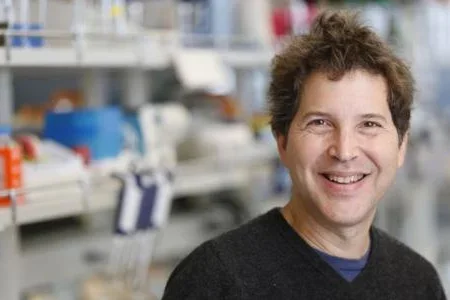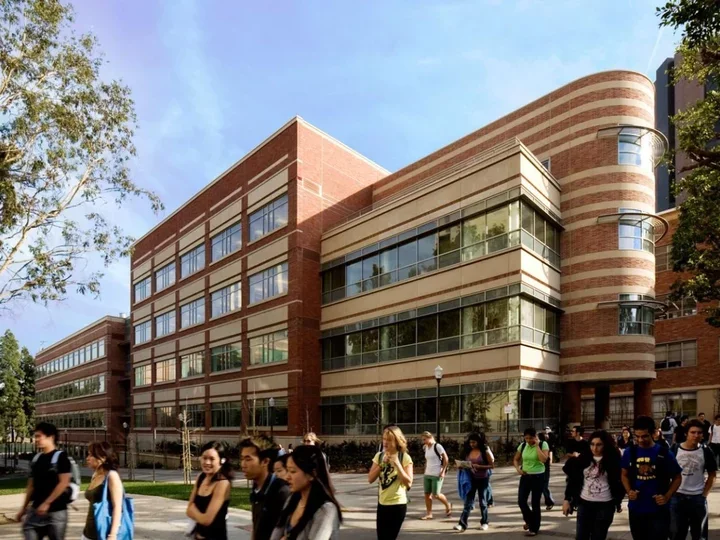MEDIC
The emergence of microcrystal electron diffraction (MicroED) facilitates the determination of new protein structures at atomic resolution from vanishingly small crystals. MicroED exploits the strong interaction between electrons and nano-scale three-dimensional crystals and takes advantage of emerging cryo-EM instrumentation to established crystallographic methods. It enables determination previously unknown protein structures at atomic resolution from crystals smaller than the wavelength of visible light.
Nobel Prize Winner
Congratulations to David Baker, University of Washington professor and MEDIC collaborator, on being awarded the 2024 Nobel prize in chemistry!

Who We Are
MEDIC is a technology development center aimed at making MicroED a routine method in structural biology for determining structures of membrane proteins, protein complexes, small molecules, natural products, and materials. MEDIC is focused on:
- Enabling MicroED for macromolecular complexes that grow small, fragile, or imperfect crystals.
- Improving ample screening and preparation methods.
- Novel refinement and phasing methods.
We also provide extensive user training including hands-on sessions at the UCLA Imaging Center.
About MicroED
The emergence of microcrystal electron diffraction (MicroED) facilitates the determination of new protein structures at atomic resolution from vanishingly small crystals. MicroED exploits the strong interaction between electrons and nano-scale three-dimensional crystals and takes advantage of emerging cryoEM instrumentation coupled to established crystallographic methods. It enables determination previously unknown protein structures at atomic resolution from crystals smaller than the wavelength of visible light.
